Hey Plant Lover!
Whether you are a seasoned wildcrafter or you’ve never harvested wild plants for food or medicine before, there’s something that’s vital for all of us to consider. That’s the impact our choices have on the life we share this planet with.
Photo by Ray Hennessy on Unsplash
Birds, insects, microorganisms, furry creatures – like us, they depend on the plants for their survival.
And then of course there are the plants themselves. There are close to 400,000 vascular plants on Earth. And nearly 2,000 are discovered or newly studied each year, many of which are on the brink of extinction. It’s estimated that 1 in 5 plants on Earth are threatened with extinction.
So why are plants and other life forms disappearing?
There are a variety of causes, the most visible being habitat destruction and loss. This comes in many forms. Fragmentation of forests from clear cutting, pollution of water by agricultural and industrial runoff, widespread pesticide and herbicide use, sprawling commercial and housing development.
These are but symptoms of a greater issue. At the root, the loss of life on this planet is an ideological problem:
We see ourselves as separate from nature.
By “we” I mean those in the developed world, plagued by colonialism, capitalism, consumerism, racism.
These lenses have clouded our vision of the truth.
The truth is that we depend on all of life to work in concert. That each one of us – animal (including humans), plant, fungi, mineral – are an integral part of the whole. And that our human neuroses – fear of scarcity, fear of other, fear of death – have put us into this stupor of forgetfulness and destruction. We blindly take from the Earth what we think we need without thanks, and without reciprocity. This isn’t need, but greed.
If there’s anything the COVID pandemic is showing us, it is that our destructive habits impact every one of us. The predominating culture looks at the gifts of the Earth as commodities to be extracted, bought, and sold. Clean healthy water is a human right, a right for all living beings. Yet we have dreamed up that it has a monetary value. This dream is killing the beauty of life on this planet. It is time to shift this dream.
There is abundance, joy, pleasure, and enough for all when we reciprocate with the Earth. This has been a basic fact of life for all earth-based cultures on this planet. People who have not lost this sense of belonging to the Earth (and not the f*ed up flipside idea of Earth belonging to us) live this truth. I look forward to the day where more of us not just understand this but embody and live it.
One small way to begin to live our belonging is to live in reciprocity with the healing plants.
I’ve created a guide to Ethical Wildcrafting with this at its core. It’s adapted from my book, Northeast Medicinal Plants and is inspired by Robin Wall Kimmerer’s words in her book, Braiding Sweetgrass.
Sign up to receive it in your inbox here, or click the image below to get your copy – It will arrive in three easily digestible parts.
I’m delivering it in installments so that you can slow down to take in the information and practice it.
By signing up you’ll also learn additional ways to connect with healing plants and receive information about my new offering, INFUSE – a monthly immersion to deepen your relationship with healing plants. You can always unsubscribe at any time.
I invite you to comment below or email me liz (at) gatheringground (dot) nyc to share your experiences with connecting with the healing plants.
References and Further Reading:
How Many Plant Species Are There in the World? Scientists now have an answer
The Real Cure for Covid is Renewing Our Fractured Relationship With the Planet
**Legacy Lost: **A Brief History of Colonization and the Loss of Northeastern Old-Growth Forests
Braiding Sweetgrass by Robin Wall Kimmerer
Additional Guides to Ethical Wildcrafting From Fellow Herbalists:
Forest Medicine by fellow Timber Press author, Scott Kloos
Herbal Remedies Advice by Rosalee de la Forêt
Learning Herbs by Devon Young
Sierra Botanica by Rachel Berry


